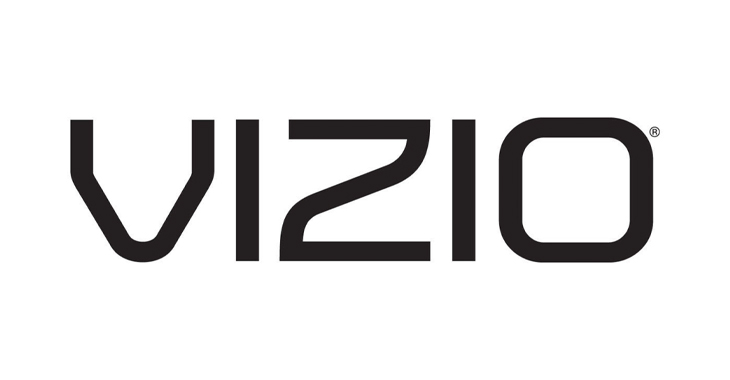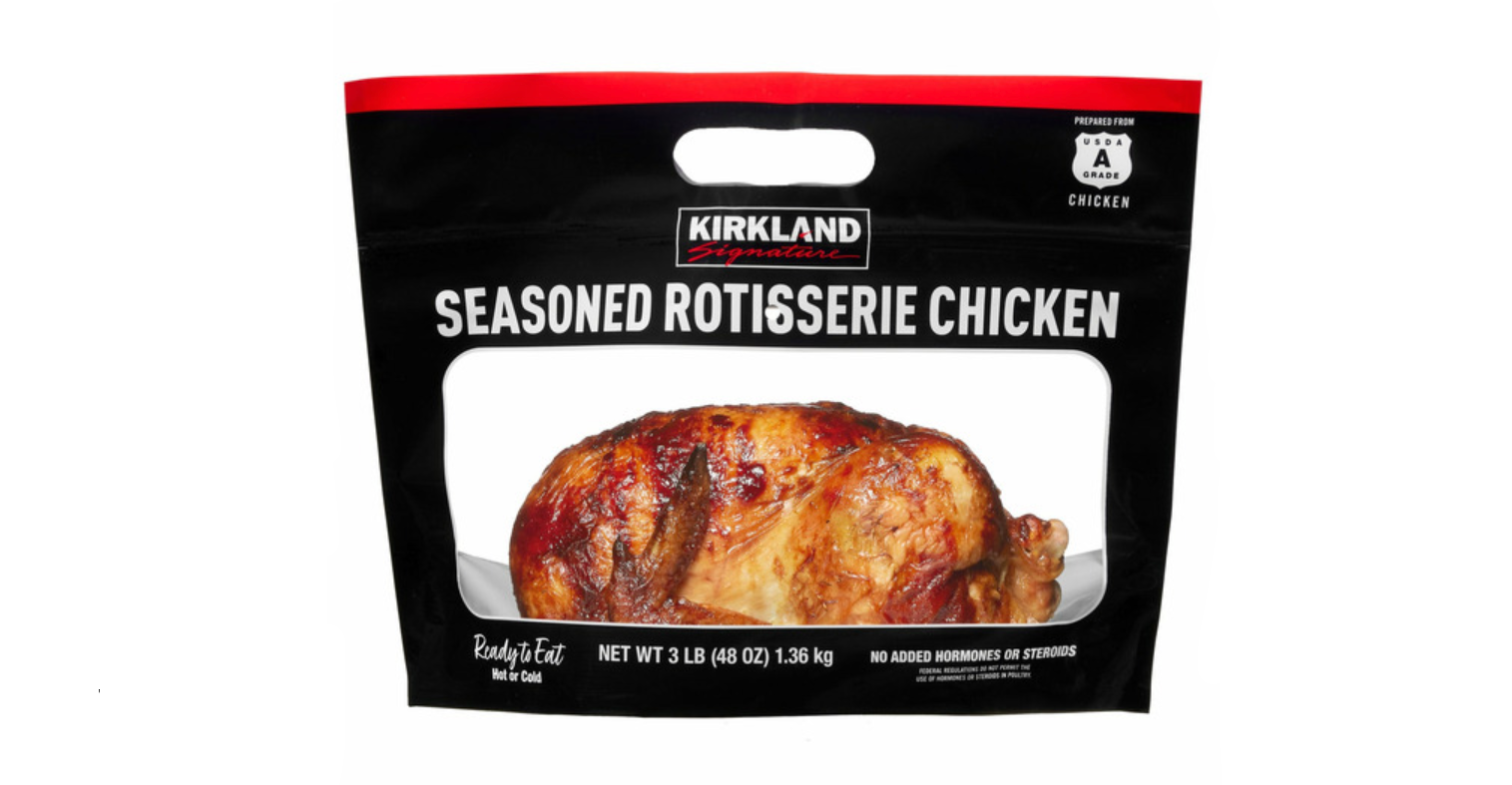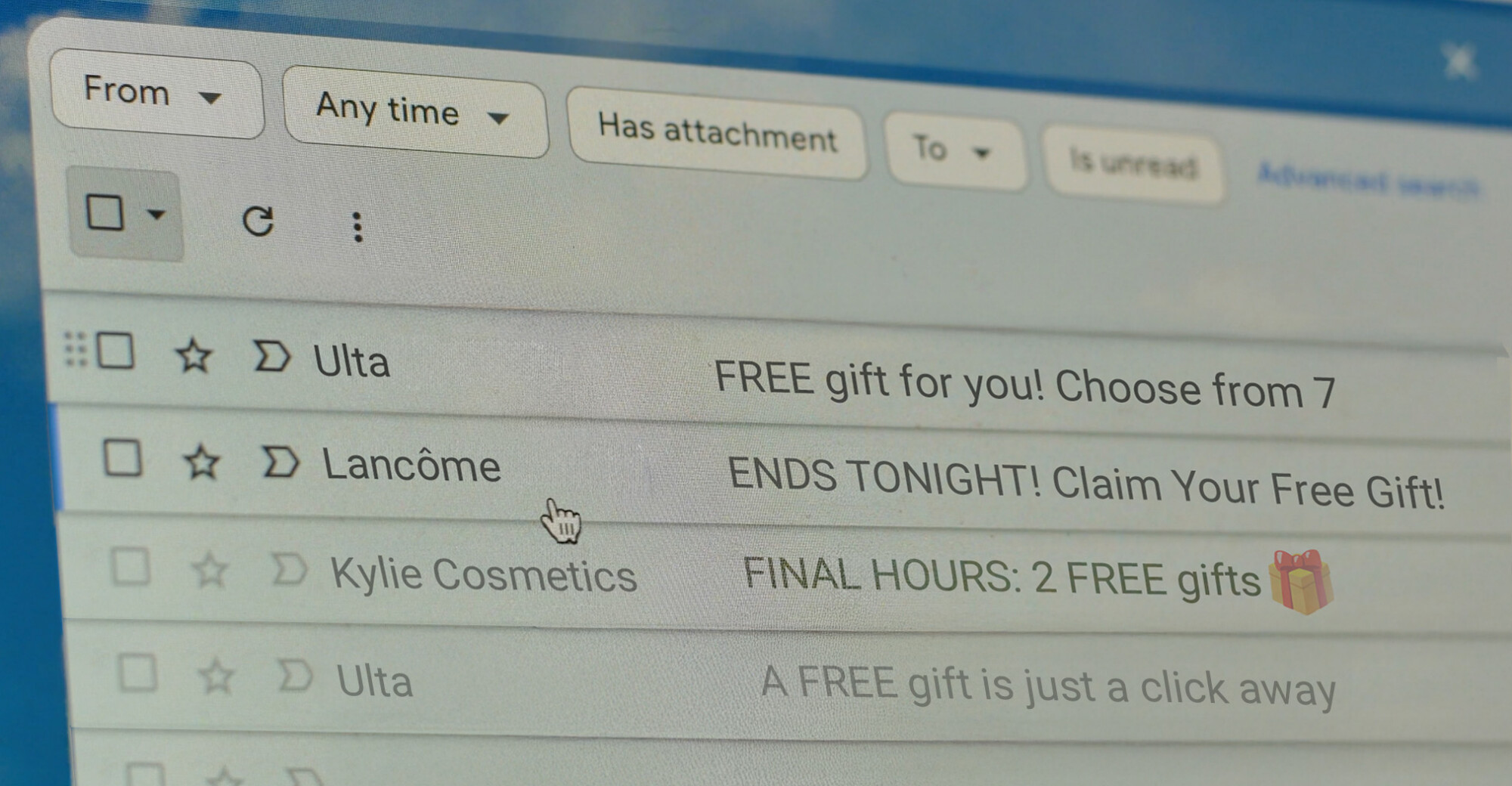
Refresh Rates of VIZIO LCD Televisions
Allegations: Falsely marketing that televisions have higher refresh rates than they actually do
2019: The Court granted final approval of a settlement agreement.
April 2016: Fifteen lawsuits making similar allegations against Vizio were transferred to a court in California to be heard together. (In Re: Vizio, Inc., Consumer Privacy Litigation, MDL No. 2693, United States Judicial Panel on Multidistrict Litigation)
Late 2015/Early 2016: Since November 2015, multiple class-action lawsuits have been filed against Cognitive Media Network and Vizio, Inc. for, among other things, allegedly failing to adequately disclose that Vizio Smart TVs have tracking software, software that allows the companies to track consumer’s TV-viewing activities. According to the complaints, average consumers do not have the technical expertise to uncover the tracking software and therefore rely on the companies to adequately disclose that fact. In addition, the complaints allege that the companies track consumers’ activities without their consent.
To see some of the complaints, click on the case information below.
For more information about class-action lawsuits regarding televisions and TINA.org’s coverage of the product, click here.
Allegations: Falsely marketing that televisions have higher refresh rates than they actually do
Allegations: Misleadingly marketing televisions as having “sensational picture quality” and “best-in-class picture processing” when they suffer from power failures due to a defect
TINA.org staffer gets surprise charge.
TINA.org files complaint with NYC over company’s “$19.95” truck rentals.
Lawsuit cries fowl over preservative-free claims.
Lawsuits target misleading subject lines.
MADISON, CONN. Jan. 27, 2026 – Beverage giant Keurig Dr Pepper is deceptively marketing its single-serve K-Cup pods as “recyclable” in violation of state and federal laws, according to an…





